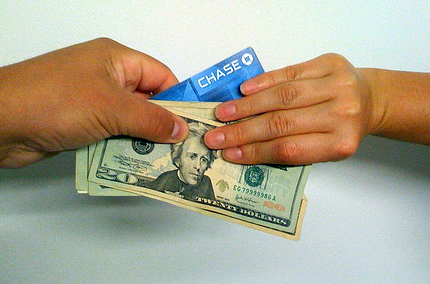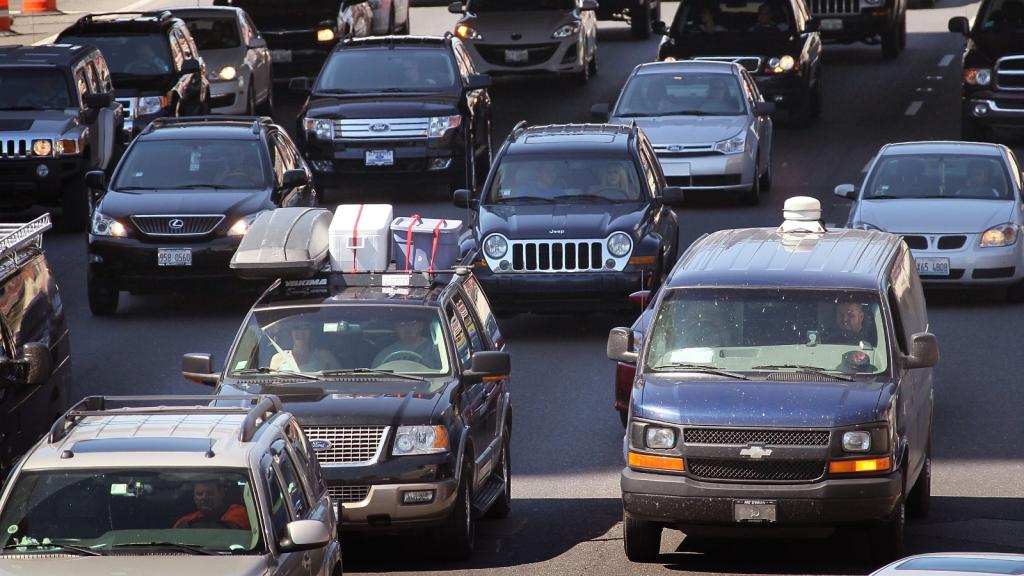 Sodexo, one of the world’s largest food service companies, has agreed to pay New York $20 million to settle complaints that it fraudulently pocketed rebates from food manufacturers that it was supposed to turn over to some 21 public school districts and the State University of New York, New York Attorney General Andrew M. Cuomo announced today.
Sodexo, one of the world’s largest food service companies, has agreed to pay New York $20 million to settle complaints that it fraudulently pocketed rebates from food manufacturers that it was supposed to turn over to some 21 public school districts and the State University of New York, New York Attorney General Andrew M. Cuomo announced today.
“This company cut sweetheart deals with suppliers and then denied taxpayer-supported schools the benefits,” Cuomo said in a statement. An investigation revealed that over a five-year period beginning in 2004, Sodexo “received significant rebates from its suppliers without acknowledging or passing the savings on to these schools — in violation of the contracts [between Sodexo and the schools] as well as state and federal laws.”
New York’s investigation was sparked by two former Sodexo employees, brothers John and Jay Carciero, who were general managers for the company in Massachussetts and were “outraged when they discovered Sodexo’s practice of pressuring food and beverage vendors to kick back huge rebates and then secretly pocketing the savings rather than passing them on to government clients as required by their contracts,” according to a statement released by the Carcieros’ attorney. The clients included hospitals, universities, schools, and nursing homes.
John Carciero complained he was fired after he complained internally about Sodexo’s rebate practices. Jay Carciero said he was demoted and later fired for the same reason. The brothers filed a whistleblower lawsuit against Sodexo under the federal False Claims Act in Massachusetts, and later added claims under similar state laws in New York.
The settlement was described as the largest ever under New York’s false claims statute that did not involve Medicaid.
Jay Carciero has since died. John Carciero yesterday issued a statement, saying, “My brother, Jay, and I were angry when we learned that Sodexo, a multi-billion dollar company, was ripping off school lunch programs and other government food services. The million of dollars from the rebates should have gone back to schools and other government clients. Sodexo betrayed the trust of the clients it was supposed to serve and hurt taxpayers at the same time.”
Under New York state law, the Carcieros as whistleblowers are entitled to $3.6 million of the $20 million. The rest will be divided among the school districts involved.
Manufacturers commonly give rebates for purchases from large food service companies such as Sodexo, Chartwells, and Aramark, as I detailed in this previous post. Under federal law, contractors are supposed to credit those rebates as part of their invoices, so that federal agencies are paying only “net costs.” Under U.S. Department of Agriculture rules governing the federally-subsidized school lunch program, school contracts with food service providers must explicitly state that all rebates will be credited to the schools. But it has been widely assumed in school-food circles that the big food service vendors were not returning all of the rebates they receive.
The investigation in New York “has revealed that it is common practice within the food service industry for service providers like Sodexo to leverage their size and market dominance to obtain these rebates from vendors that supply food products, equipment, and supplies,” said Cuomo. Those rebates typically amounted to about 14 percent of Sodexo’s purchases from suppliers, according to the New York attorney general’s office. Cuomo said his investigation “continues to examine the rebating practices of other large, multi-national corporate providers of food service and facilities management.”
A report I recently published based on documents obtained under the Freedom of Information Act showed that D.C. Public Schools had received more than $1 million in rebates from Chartwells, its contracted food service provider, since Chartwells took over the job two years ago. The rebates help explain why children in D.C. schools are often served brand-name products of dubious nutritional value. But the rebates Chartwells declared on its invoices totaled only 5 percent of purchases, a rate some observers say is low — and certainly far less than the 14 percent cited by Cuomo in the Sodexo case.
D.C. school officials said they requested an itemized accounting from Chartwells last October of where the rebates it claimed had come from, but had only recently received it. They have not made it public.
An attorney for the Carcieros in Washington, D.C., Colette G. Matzzie, said in a statement, “New York is not the only state where Sodexo operates school cafeterias and accepts rebates from vendors. With so many state and local governments short on funds, we hope that other governments will look to what New York has done for its citizens and make sure that Sodexo and other food vendors pass along savings to those who are paying the bills.”



